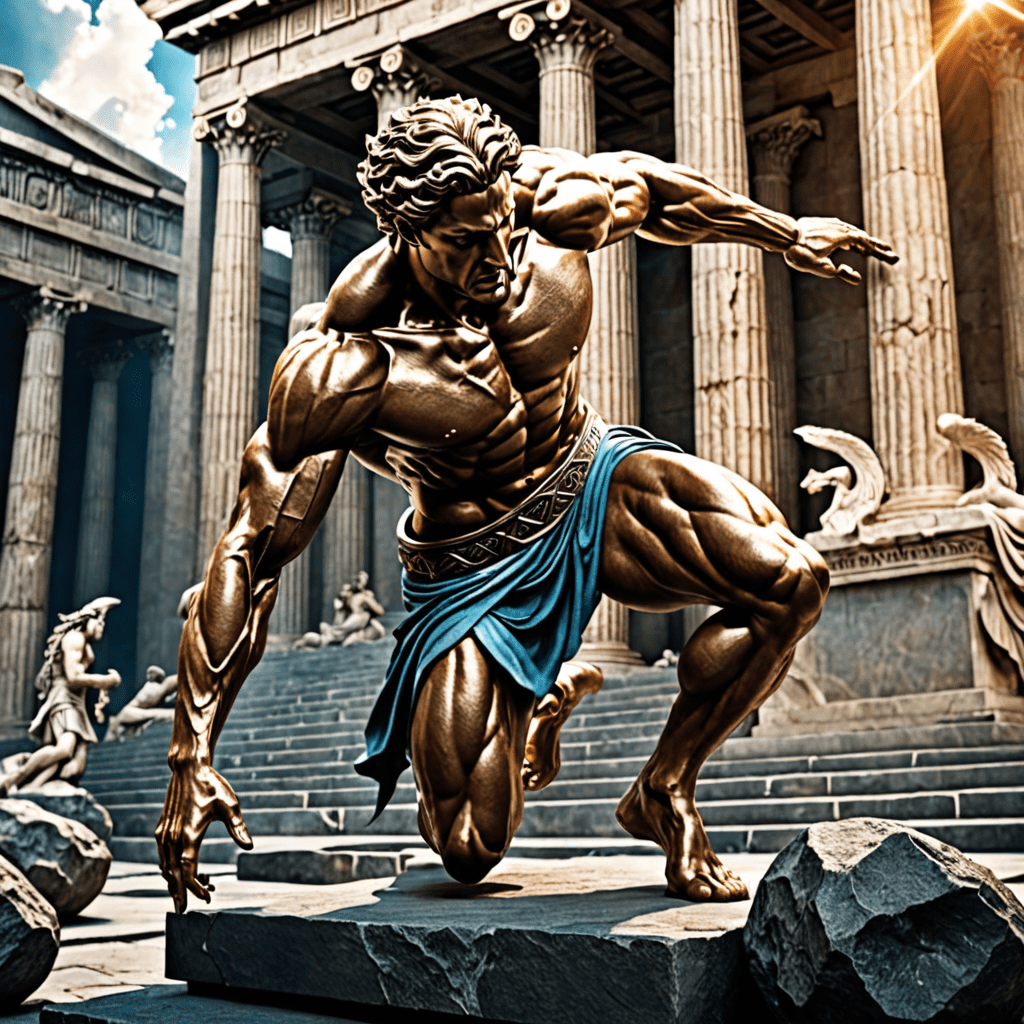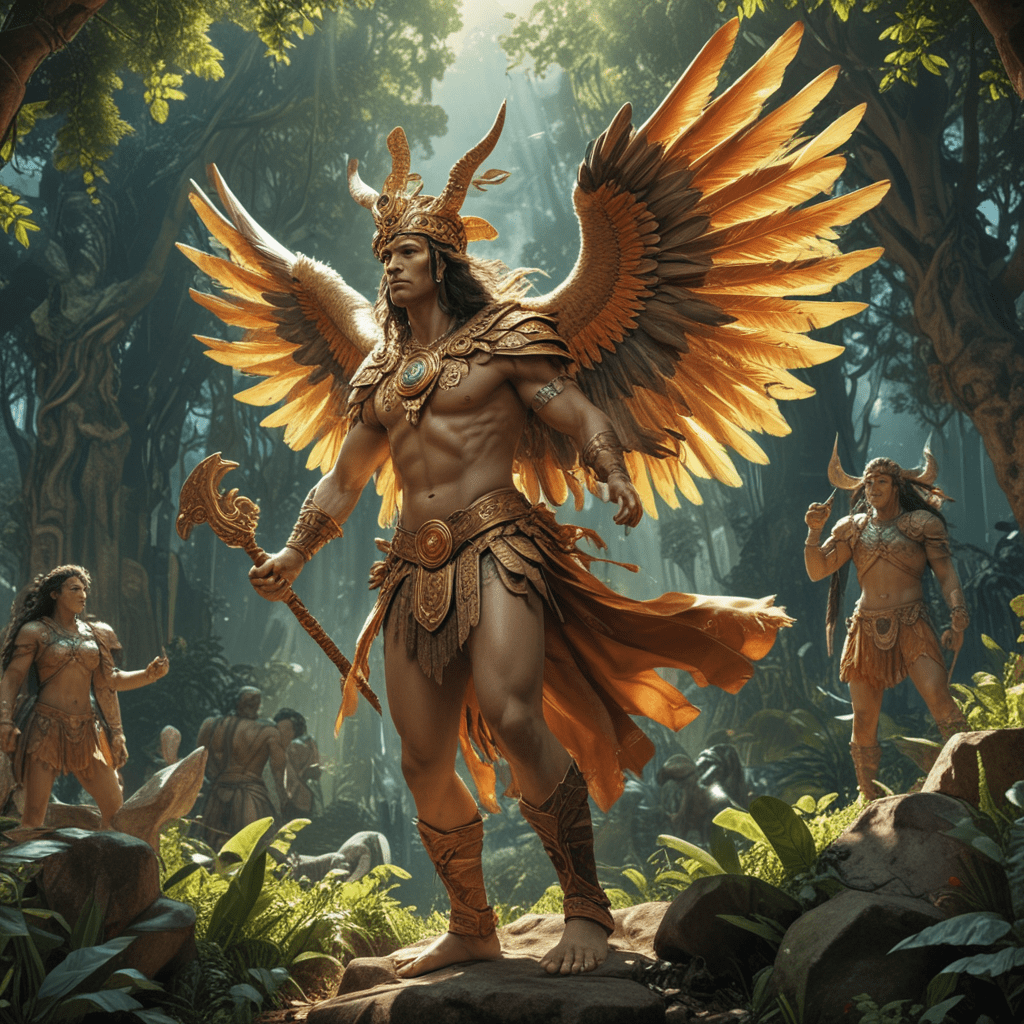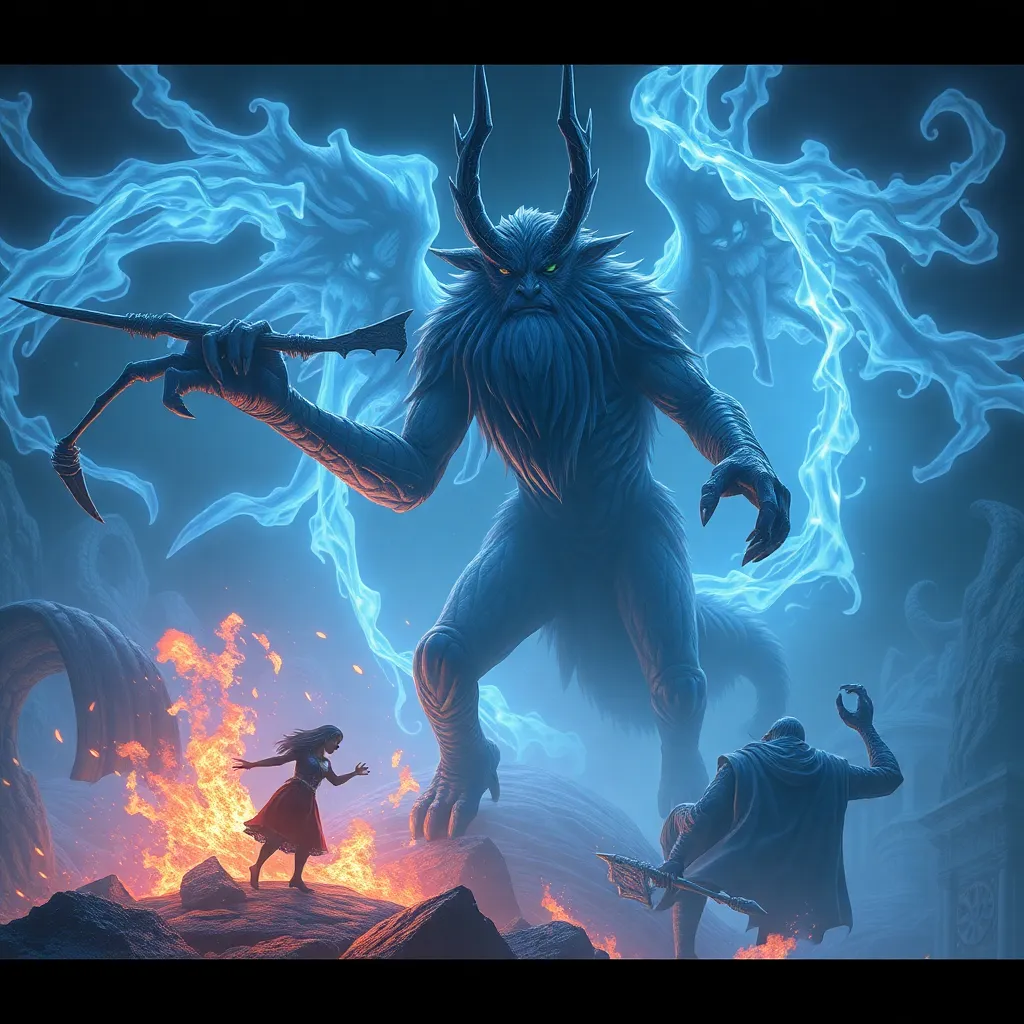Greek Mythology and the Concept of Pain
The Origin of Pain in Greek Mythology
In Greek mythology, pain and suffering were intertwined with the lives of both mortals and immortals. One famous tale that explores the concept of physical and emotional suffering is that of Prometheus. According to the myth, Prometheus stole fire from the gods and gifted it to humanity, disobeying Zeus in the process. As punishment for his defiance, Zeus condemned Prometheus to an eternity of excruciating pain, where an eagle would daily devour his liver, which would then regenerate each night, causing a cycle of perpetual anguish. This myth symbolizes the enduring nature of pain and the consequences of disobedience in Greek mythology.
The Role of Pain in Greek Heroes’ Journeys
Greek heroes like Heracles, also known as Hercules, faced immense physical and emotional pain as they embarked on their legendary quests. Heracles was infamous for his twelve labors, which subjected him to unimaginable challenges and agonies as he fought monsters, overcame obstacles, and ultimately atoned for his past misdeeds. The trials endured by heroes like Heracles symbolize the inherent struggle and suffering that accompany great feats and heroism in Greek mythology, highlighting the theme that pain is often an integral part of personal growth and redemption.
Gods and Goddesses Associated with Pain in Greek Mythology
Within Greek mythology, certain deities were associated with aspects of pain and suffering. Among these were gods like Ares, the brutal god of war, who embodied the violence and agony of conflict. Another figure linked with pain was Nemesis, the goddess of retribution and vengeance, who ensured that those who committed hubris or arrogance suffered the consequences of their actions. These divine beings underscore the notion that pain, whether physical or emotional, is often a result of transgressions, conflicts, or cosmic justice in the realm of Greek mythology.
The Concept of Endurance and Resilience in the Face of Pain
Despite the prevalent theme of pain in Greek mythology, tales of resilience, fortitude, and resilience also abound. One such example is the story of Odysseus, the cunning hero of the “Odyssey,” who endured years of trials, hardships, and anguish in his quest to return home. Through his unwavering perseverance, Odysseus overcame countless obstacles and challenges, demonstrating the importance of endurance in the face of pain and adversity. This aspect of Greek mythology emphasizes the transformative power of enduring suffering and emerging stronger on the other side.
In conclusion, Greek mythology offers a rich tapestry of stories that delve into the complexities of pain, suffering, and resilience in the lives of gods, heroes, and mortals. Through these myths, the ancient Greeks grappled with fundamental questions about the nature of pain, its origins, and its role in the human experience, shaping enduring metaphors and narratives that continue to resonate with audiences today.

FAQs About Greek Mythology and the Concept of Pain
What role does pain play in Greek mythology?
In Greek mythology, pain is often depicted as a consequence of actions or as a means of punishment by the gods. It serves to teach lessons, evoke emotions, and highlight the human experience within the mythical narratives.
How is pain represented in Greek myths?
Pain in Greek myths is often personified through characters who endure physical or emotional suffering, such as Prometheus, who was bound to a rock as punishment, or the story of Orpheus and Eurydice, where love and loss intertwine in a poignant tale.
Are there specific gods or goddesses associated with pain in Greek mythology?
The Greek goddess of pain and suffering is Algea, who embodies the distress and sorrow experienced by individuals. Additionally, deities like Nemesis, the goddess of retribution, and Thanatos, the personification of death, are linked to the concept of pain in various mythological tales.
How does pain contribute to the overall themes of Greek mythology?
Pain in Greek mythology serves as a catalyst for character development, moral lessons, and the exploration of human emotions such as grief, guilt, and resilience. It adds depth to the storytelling, showcasing the inherent struggles and challenges faced by both gods and mortals.



